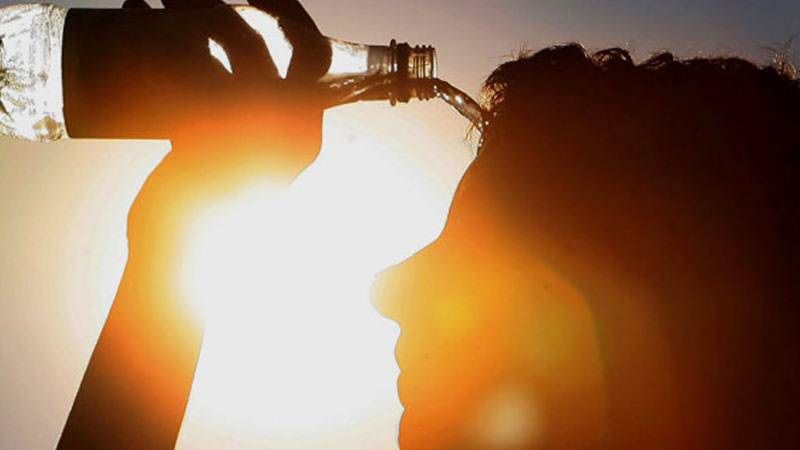You may have heard a friend or family member say “but, it’s a dry heat” during the summer time to claim that the heat you're experiencing isn’t as bad as a humid heat.
But, did you know that a dry heat can bring negative impacts to the human body, as well?
Let’s break down the difference between dry heat and humid heat and how it impacts us.
Dry heat is heat that occurs in areas that have low humidity levels. This can be anywhere across the country, but we typically see dry heat occur in desert-like regions, mainly across the southwest.
Since there is so little moisture in the air, you’ll never have to worry about the outside temperature feeling hotter than what the thermometer says, usually referred to as the heat index.
In dry heat, our bodies can effectively cool off. Less moisture in the air means that our sweat can easily evaporate. When the sweat evaporates, the heat from our body is transferred to the air.
Although, one downside of dry heat is that, since moisture rapidly evaporates, you lose the moisture in your body a lot faster. This can lead to dehydration and dry mouth.
Always make sure to drink extra water (on top of the extra water needed for hot temperatures) in areas that are prone to dry heat.
Humid heat occurs in areas that have higher moisture content in the air. Much of the eastern half of the country experiences humid heat.
With an abundant amount of moisture in the air, temperatures can feel much hotter outside, even in the shade!
On top of the hotter outside temperatures, the moisture in the air can make the human body spike up in temperature, as well.
When the air is saturated, it can’t take in any more moisture. So, when our bodies sweat, the sweat can’t evaporate, causing the sweat to linger on our skin for longer.
Since this cooling mechanism can’t take place, it causes us to stay warmer longer. This also sometimes leads to the body overheating.
Whether you’re in dry heat or humid heat, remember it is possible to experience overheating in any hot environment.
Make sure to take the necessary precautions to stay safe.
Our team of meteorologists dives deep into the science of weather and breaks down timely weather data and information. To view more weather and climate stories, check out our weather blogs section.





